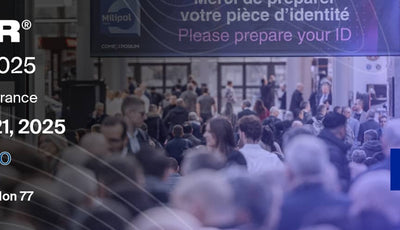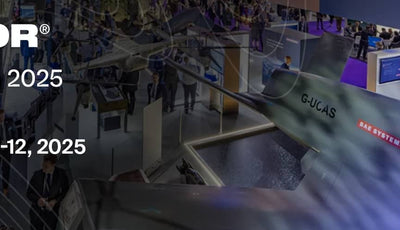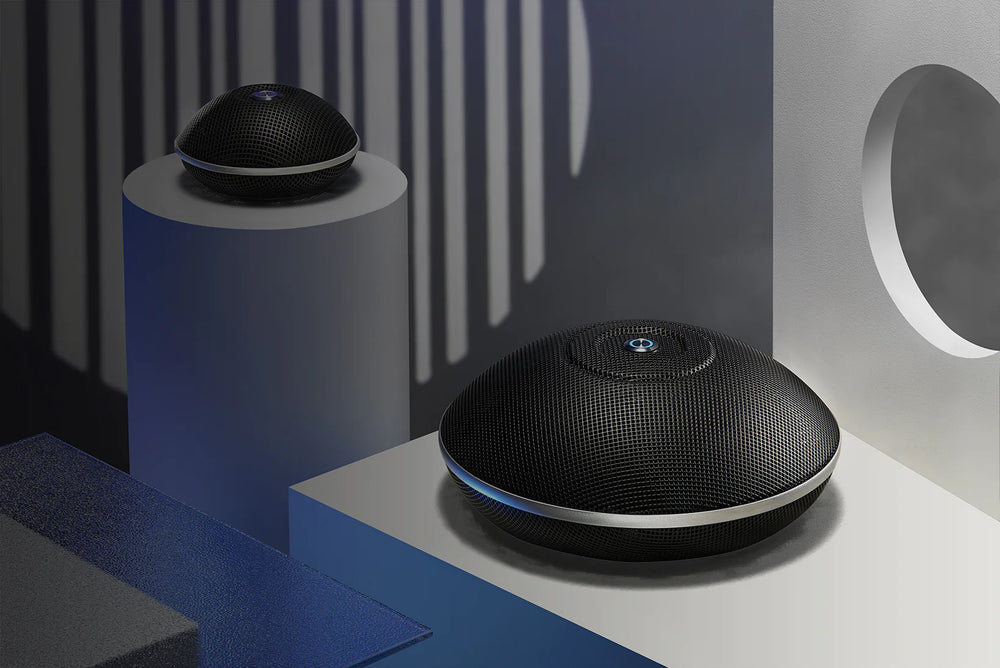Most of the conversations happening around the coffee machine in your business are probably not confidential, however a lot of the discussions between colleagues and partners might be. Depending on the nature of your business, you might have several meetings that occur on a regular basis and in those meetings, some may involve very confidential subjects and some important decisions might be taking place. In these situations, one might think: is anyone listening to this who isn’t supposed to?
Here at Santor, our main mission is to prevent this from happening. Here are some tips for you and your organization to make sure that all of your future business meetings can happen without any spies lurking around.
Who’s joining the meeting?
The first step in ensuring meeting confidentiality would be to think about who will be joining it. The more people you include in a meeting, the more likely the information might slip out from one of the attendees.
Sometimes, we think that everyone needs to be aware of every detail that happens during a meeting. In a lot of cases, some members could just be informed, in time, about what was decided or what concerns them about a particular project.
Here are some questions you may want to ask yourself before inviting someone to a meeting:
- Can that person be a potential risk for the confidentiality and security of the meeting?
- Will that person be a major actor in the execution of the project?
- Can this person be briefed more rapidly through an e-mail or a conversation on a need-to-know basis?
By choosing the right meeting participants, you help prevent unwanted people from being aware of your confidential information right at the source.
Location and tools
Your company probably has a conference room or an office where most of the important discussions regarding your business take place. It’s important to take in consideration that the location where you schedule your meetings might be vulnerable to security breaches.
You may want to consider:
- Preventing any important conversations from happening in public places (restaurants, airports, etc.). These places are not likely to be equipped with the security features that you require to prevent your information from being leaked.
- Meetings in real life offer one big advantage: they do not use any devices that can be hacked to listen to your conversations. We suggest encouraging people in your organization to meet in person when sensitive information is being discussed.
Some tools and services can also be a big help in ensuring meeting confidentiality for your organization:
- Using devices such as Santor’s HARP Speech Protector System is a great way to protect any person from recording parts of your meeting. The cutting edge technology of the HARP, when activated, will create a bubble around your meeting making it impossible for devices to record any parts of the conversation taking place.
- If you are using any virtual means of communication (Zoom, Google Hangouts, Microsoft Teams, etc.), be sure to use maximal security options that those services offer to prevent anyone using confidential meeting links or meeting IDs from listening to your conversation.
- For highly confidential discussions, try to send meeting invitations as closely to the starting time of the meeting as possible. This prevents anybody from having access to the details of the meeting beforehand and acting with bad intentions towards it.











